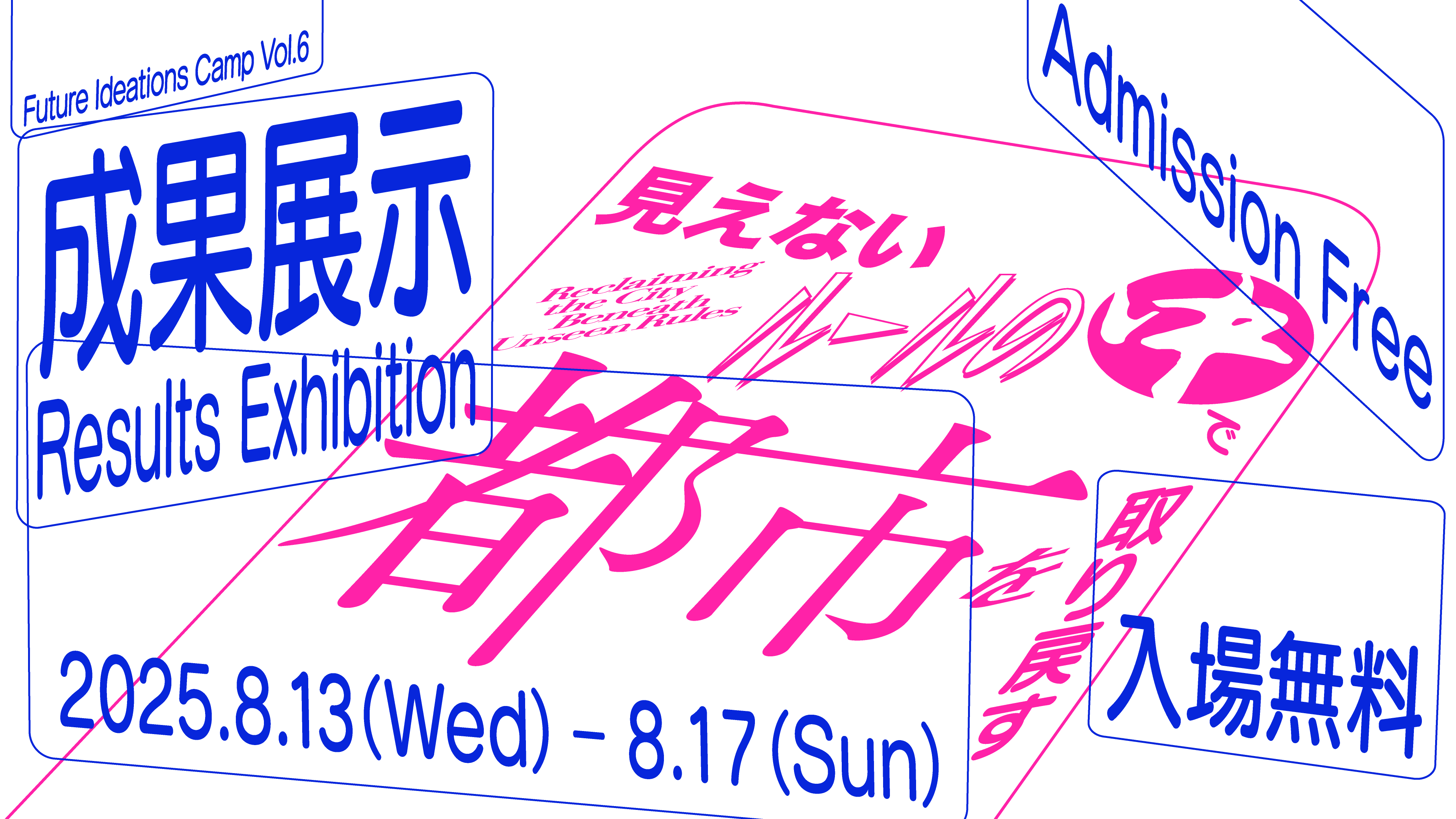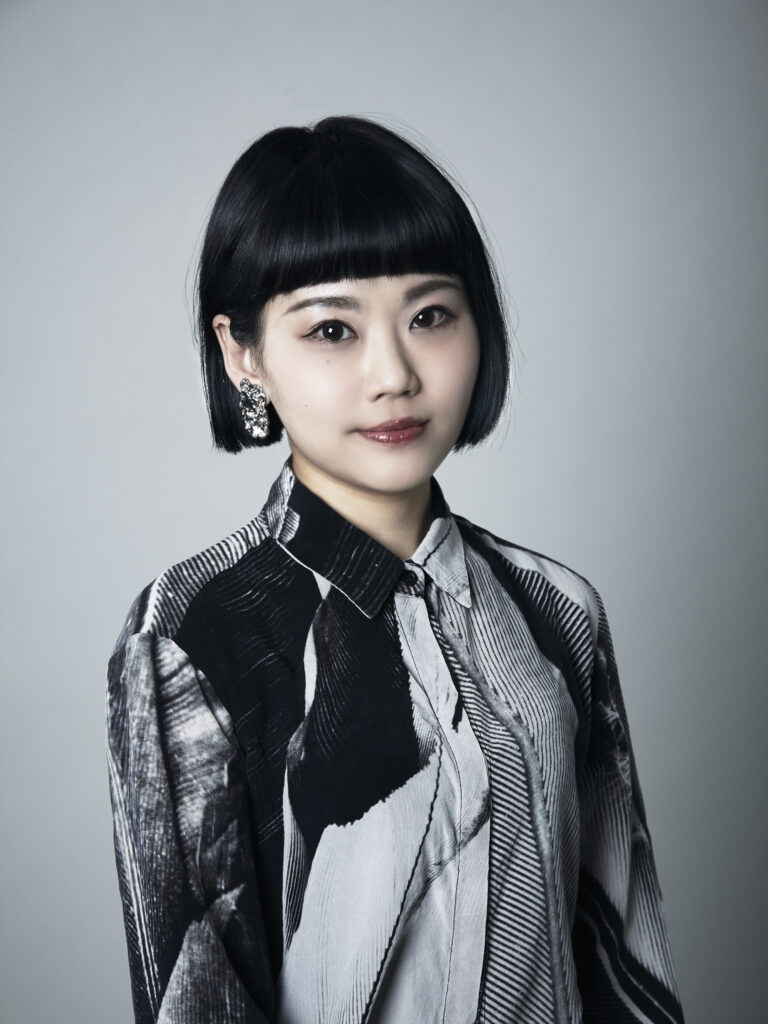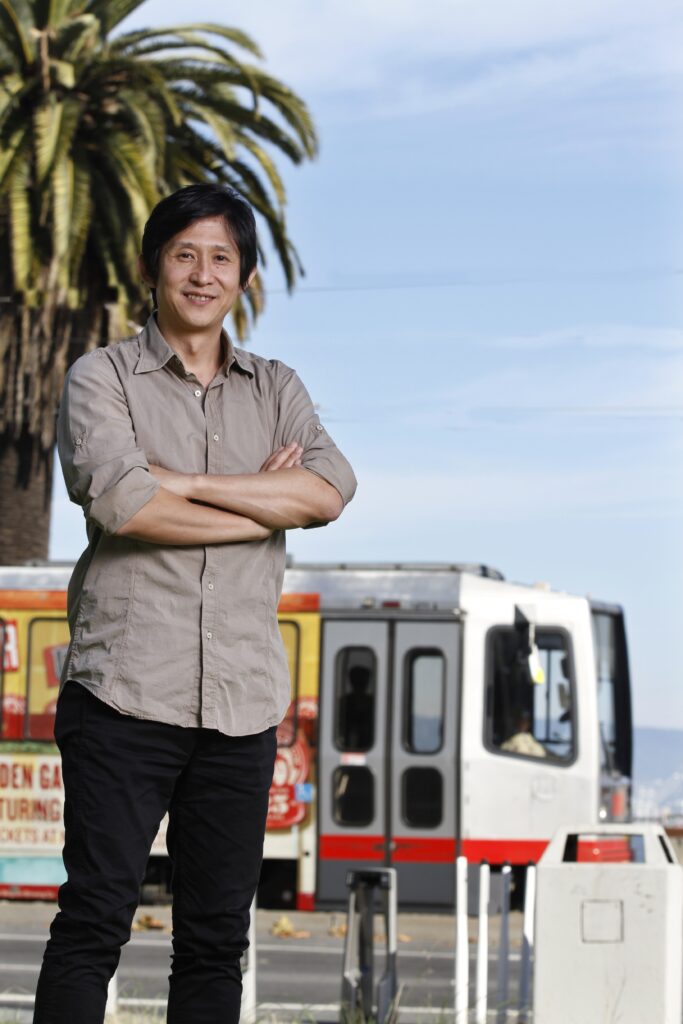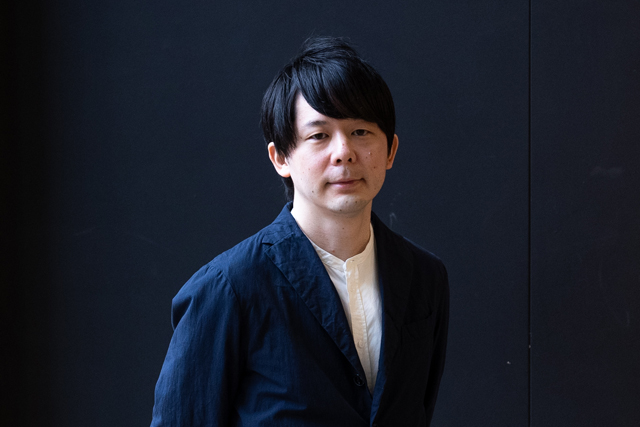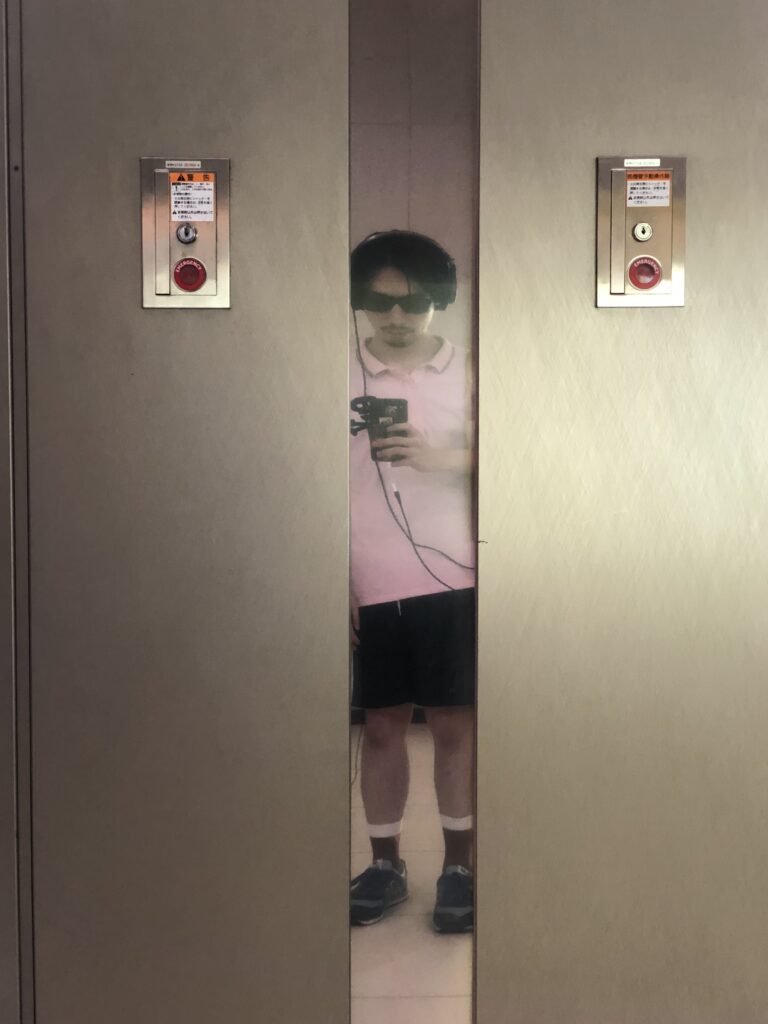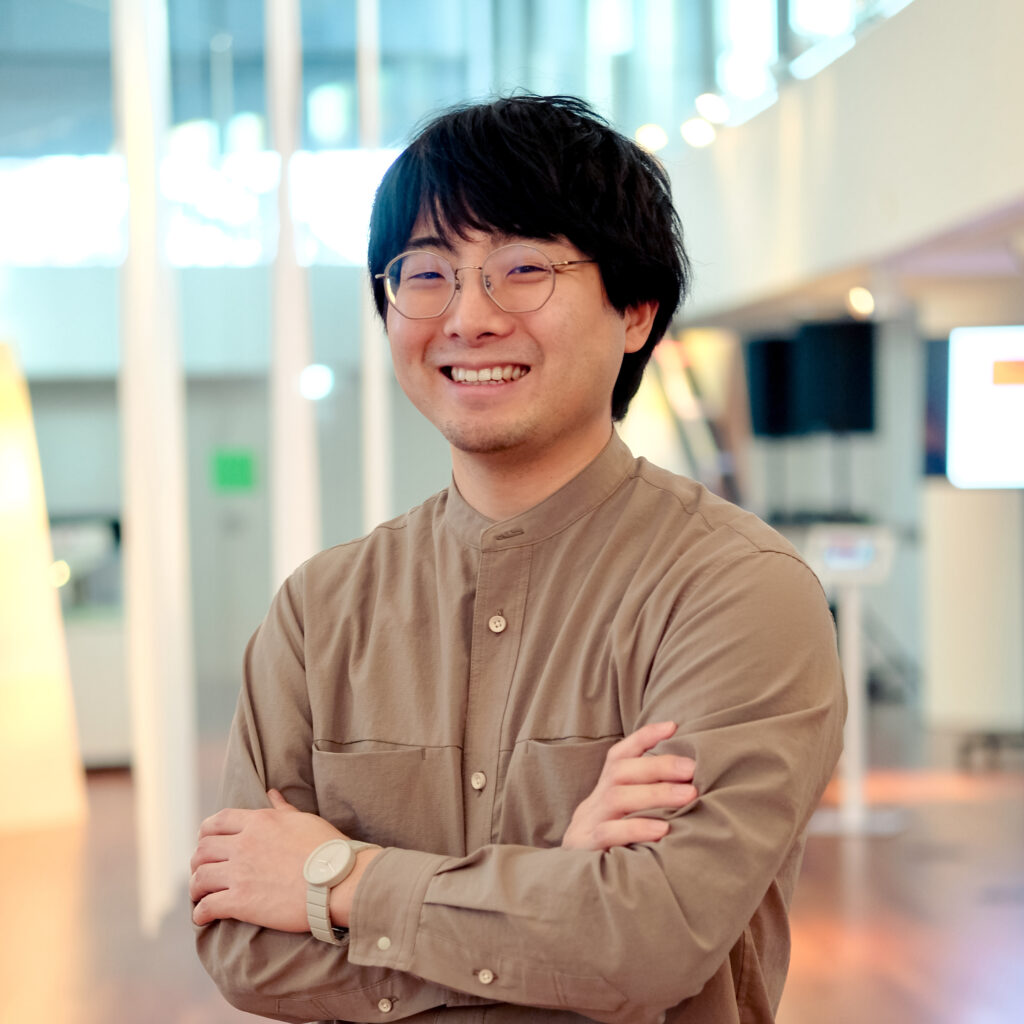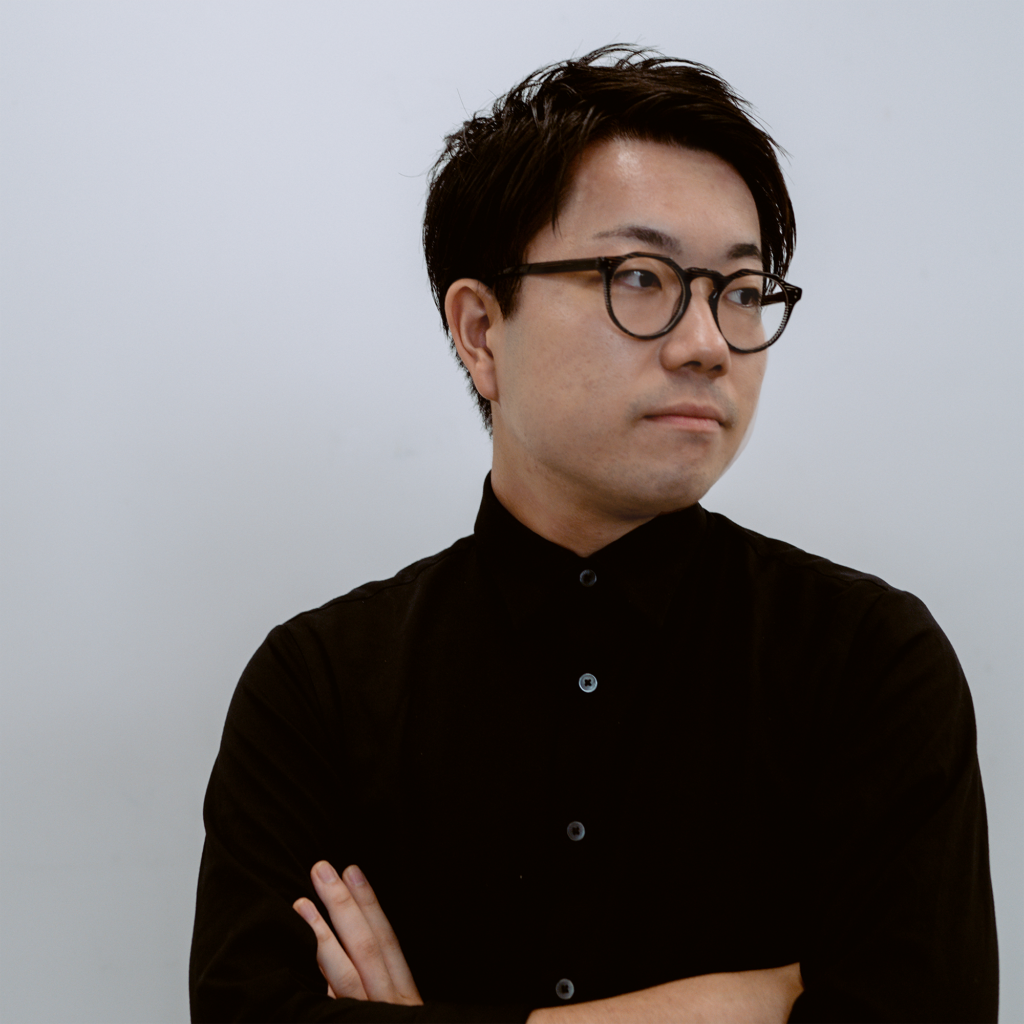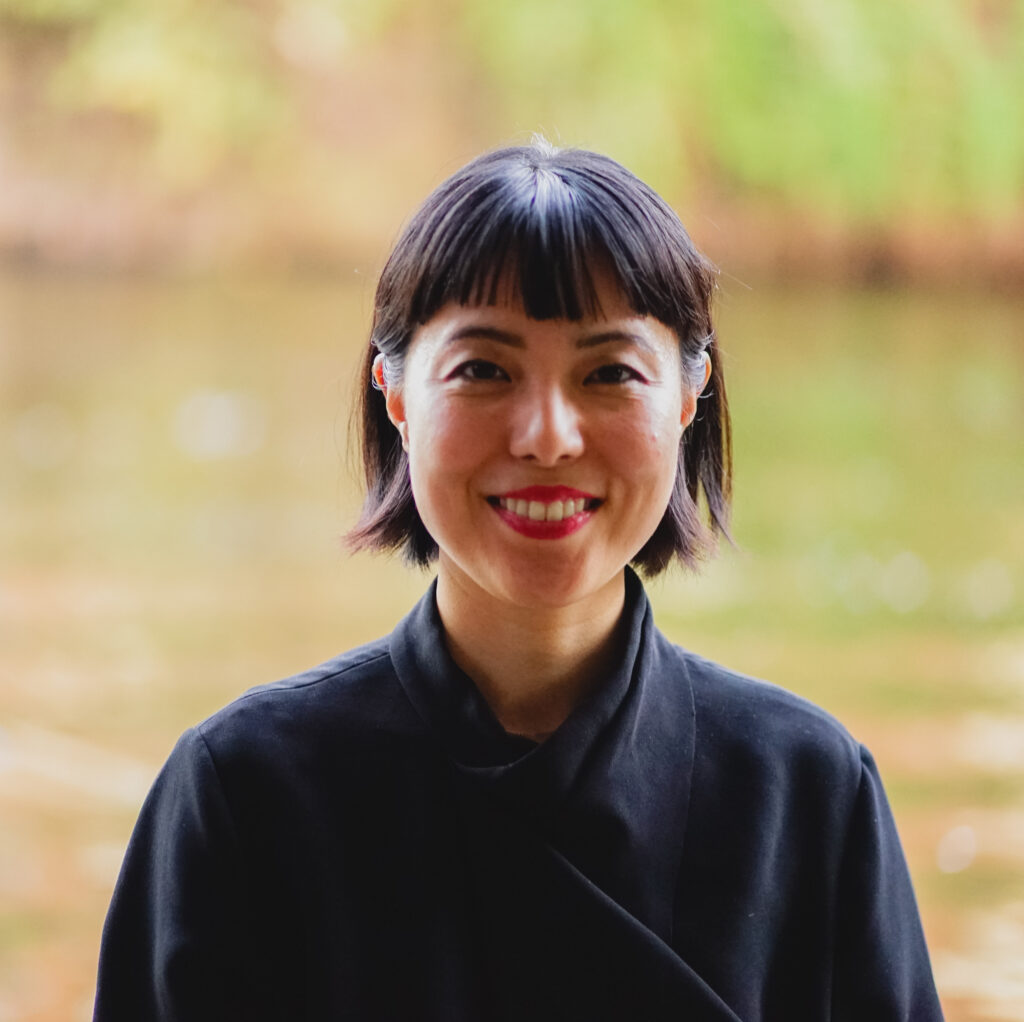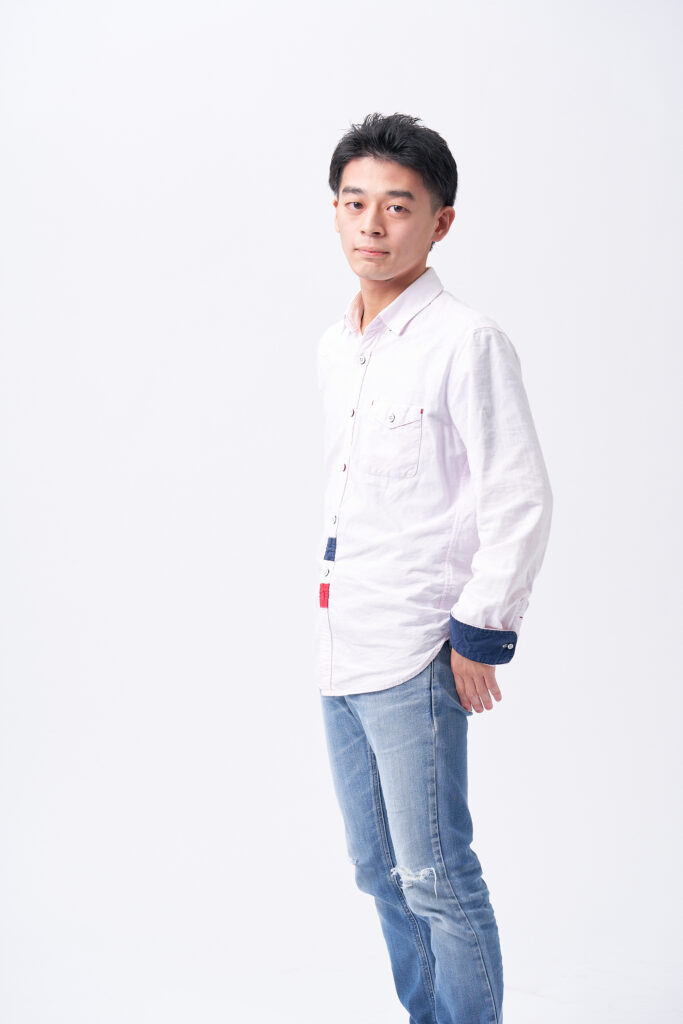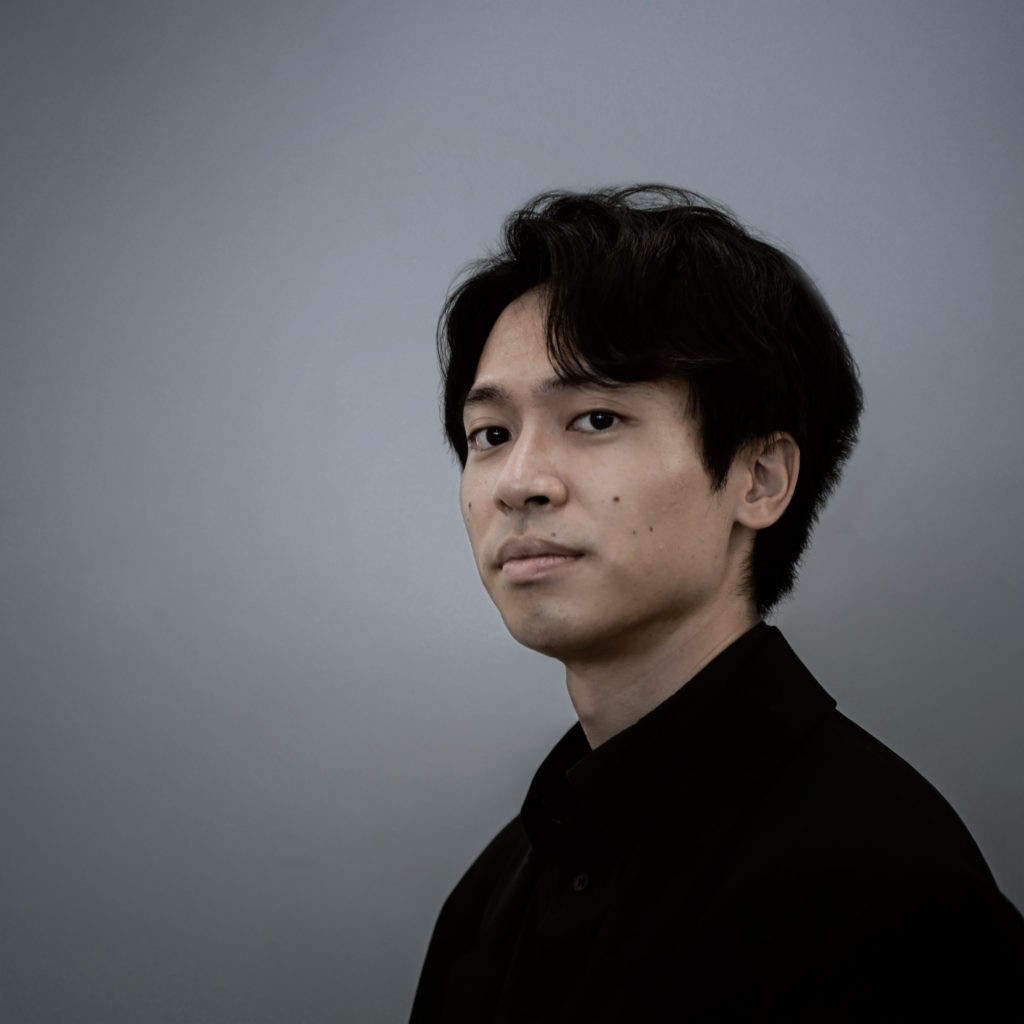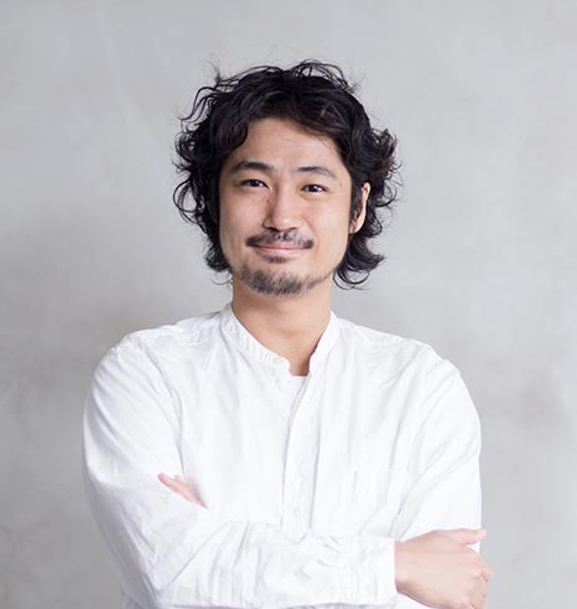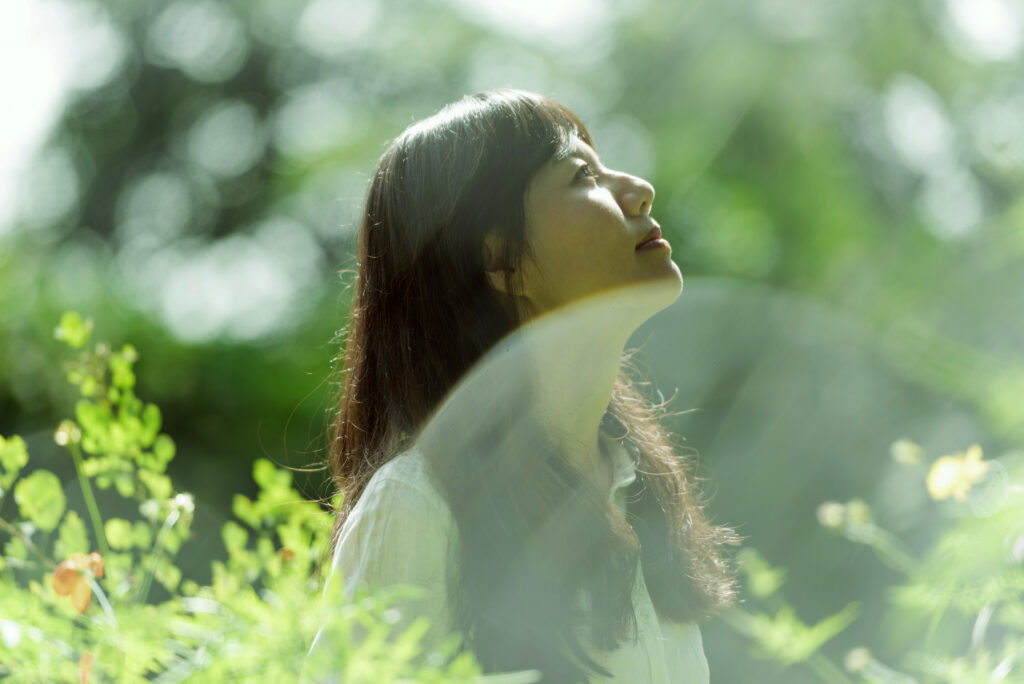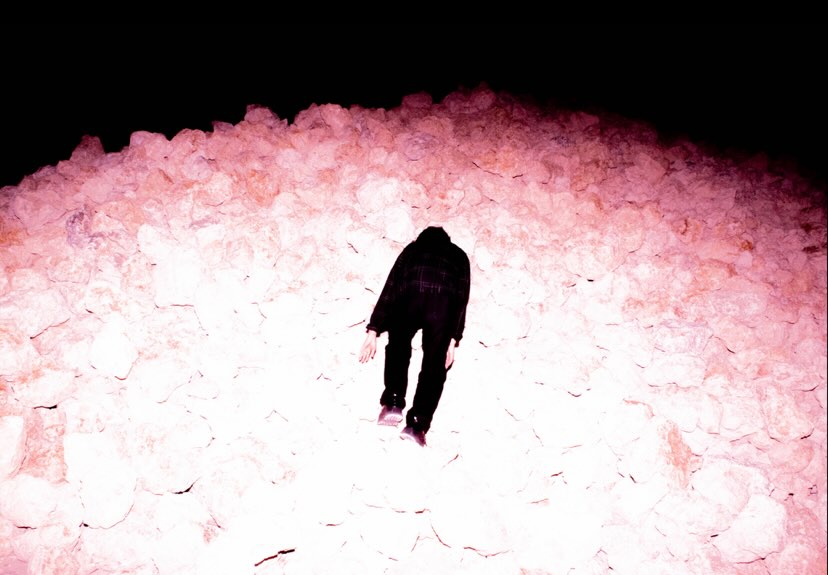Future Ideations Camp Vol. 6: Reclaiming the City beneath Unseen Rules explores strategies for individual intervention in the commons as well as the new relationships that emerge from that. This exhibition showcases the camp and what the roughly forty participants achieved.
Civic Creative Base Tokyo’s Future Ideations Camp is a series of intensive workshops bringing different kinds of people together to work collaboratively and creatively with art and digital technologies. Twenty selected participants take part in several days of lectures to acquire new ways of thinking, workshops for building skill sets, and collaborative group activities. During the camps, the general public are also able to attend talks and presentations of the results. Along with learning about the challenges related to each edition’s theme, participants employ creative approaches to engage with social issues and undertake collaborative group work with the aim of proposing new ideas for the future.
The sixth edition of Future Ideations Camp is a three-day exploration of the city, the commons, and unseen rules through various experimental actions in urban space.
How can individuals intervene in the city, embedded as it is with the unseen rules of social norms and institutions? What new relationships emerge from such interventions? Based on these questions, a total of around forty lecturers, facilitators, and participants examine the nature of cities from different perspectives. The participants work with practitioners from a wide range of fields, including a spatial computing pioneer, an artist who reinterprets the city through the body, and a lawyer who sheds light on the rules that permeate the city.
This exhibition showcases the overall camp as well as the results of the concepts and projects that participants created together in groups, all with a focus on Shibuya Koen-dori, the street onto which CCBT faces. Witness their collaborative process and various endeavors and perspectives on the city.
Participants:
– Ishii Ryoya (graduate student)
– Ishizaki Asako (artist)
– Inokuchi Yohei(designer, researcher)
– Uemura Kazuki (graduate student)
– Umeshita Soma (graduate student)
– Kobayashi Kanta (artist, design Engineer)
– Shimura Shota (artist, programmer)
– Sarah Ali(futures interaction designer)
– Sakamoto Hiroyuki(designer)
– Sano Haruna (undergraduate student)
– Suzuki Daisuke (architect, urban researcher)
– Senbaku(artist, creative coder)
– Tsujimoto Sakurako (graduate student)
– Takei Yuto (undergraduate student)
– Tomotosi (artist, TOMO City Museum manager)
– nagaragawa (undergraduate student)
– Fujimoto Miyu (graduate student)
– Fujiga Hinako (designer, illustrator)
– Matsumura Daichi (graduate student, artist, curator)
– Motani Kazuki (speculative urban designer)
– Morita Mizuki (undergraduate student)
– Watanabe Hideaki (producer, NEWPARK founder)
– Lily Okamoto (multidisciplinary artist)
– Yasuda Aruto(designer, photographer)
Program Directors:
– Tsugawa Eri (architect, director / ALTEMY)
Lecturers / Facilitators:
– Kawashima Masashi (vice president, Niantic Spatial, Inc.)
– Nango Yoshikazu (sociologist / professor, faculty of engineering and design, Hosei University)
– Otsuki Shuto (post-city boy)
– Kihara Tomo (media artist, game designer)
– Konishi Takahito (architect / ALTEMY)
– Sugita Mariko (urban designer)
– Tanigashira Kazuki (urban journalist, chain store researcher)
– Tomura Yo (digital designer / ALTEMY)
– Mizuno Tasuku (lawyer, attorney)
– Miyauchi Yasuno (composer / artistic director, tsumugine / artistic director, Fujimi civic cultural center Kirari☆Fujimi)
– Sakai Eisaku (writer, editor)

